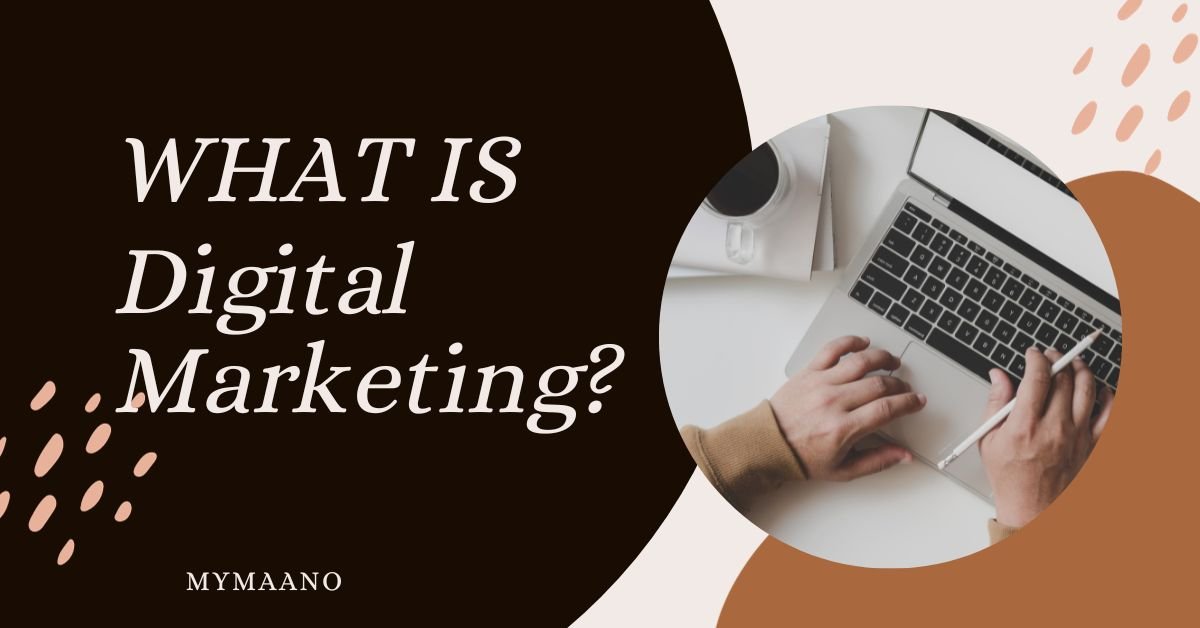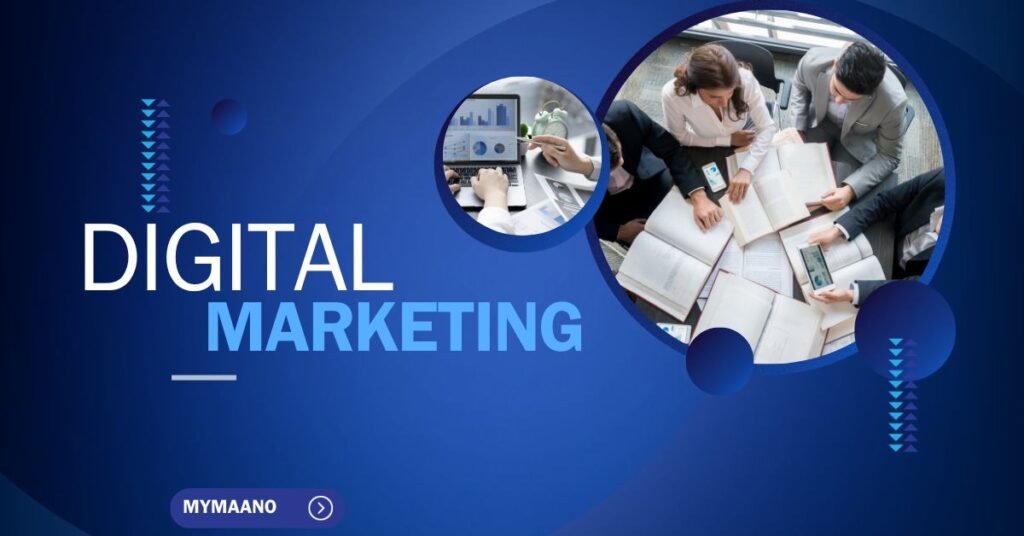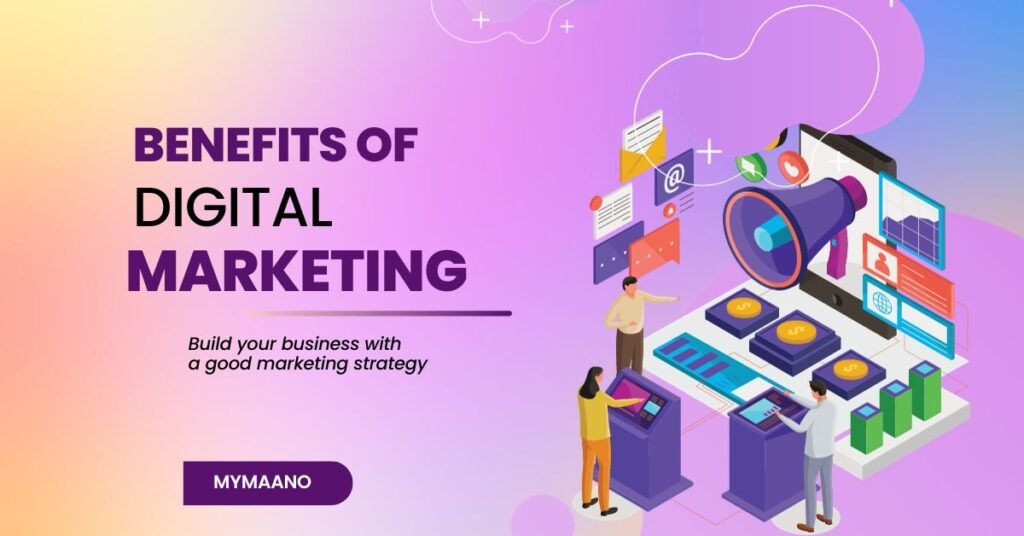WHAT IS DIGITAL MARKETING?
Digital marketing uses channels, platforms, and technologies to promote and advertise products, services, or brands. It encompasses a wide

Digital marketing uses channels, platforms, and technologies to promote and advertise products, services, or brands. It encompasses a wide scope of online marketing activities aimed at reaching and engaging a target audience to drive business growth.
Key Components of Digital Marketing

- Search Engine Optimization (SEO):
Optimizing online content to improve its clarity in search engine results pages increases organic (non-paid) traffic. - Content Marketing: Creating and sharing valuable, relevant content to attract and engage a specific audience.
- Social Media Marketing: Using social platforms to build a brand’s presence, interact with customers, and drive website traffic.
- Email Marketing:
Sending tailored messages to a list of subscribers to advertise products or services, build relationships, and enhance customer loyalty. - Pay-Per-Click (PPC): Running paid advertising campaigns on search engines and social media to attract visitors and generate leads.
- Affiliate Marketing: Collaborating with individuals or businesses (affiliates) to advertise products and earn a commission for each sale or lead generated through their efforts.
- Online PR and Reputation Management: Managing a brand’s online reputation and leveraging PR strategies in the digital space.
- Analytics and Data Analysis: Using data and analytics tools to evaluate the success of digital marketing efforts and make informed decisions for optimization.
Benefits of Digital Marketing

- Wide Reach: Digital marketing permits you to reach a global audience, breaking geographical barriers.
- Cost-Effective: It often offers a more cost-effective way to reach potential customers than established marketing methods.
- Targeted Marketing: You can precisely target your audience based on demographics, interests, and behaviour.
- Measurable Results: Digital marketing provides data and analytics to track and evaluate the performance of your campaigns.
- Real-Time Engagement: You can engage with your audience through various digital channels.
- Flexibility: Strategies can be adjusted quickly to respond to changing market conditions or audience preferences.
In a digital age, understanding and effectively using digital marketing strategies are crucial for businesses and organizations looking to thrive in a highly competitive online landscape. It’s a dynamic and evolving field, so staying up-to-date with the latest news and technologies is crucial to maximize its potential.
REFERENCES
READ MORE ABOUT BUSINESS IDEAS FOR WOMEN

















